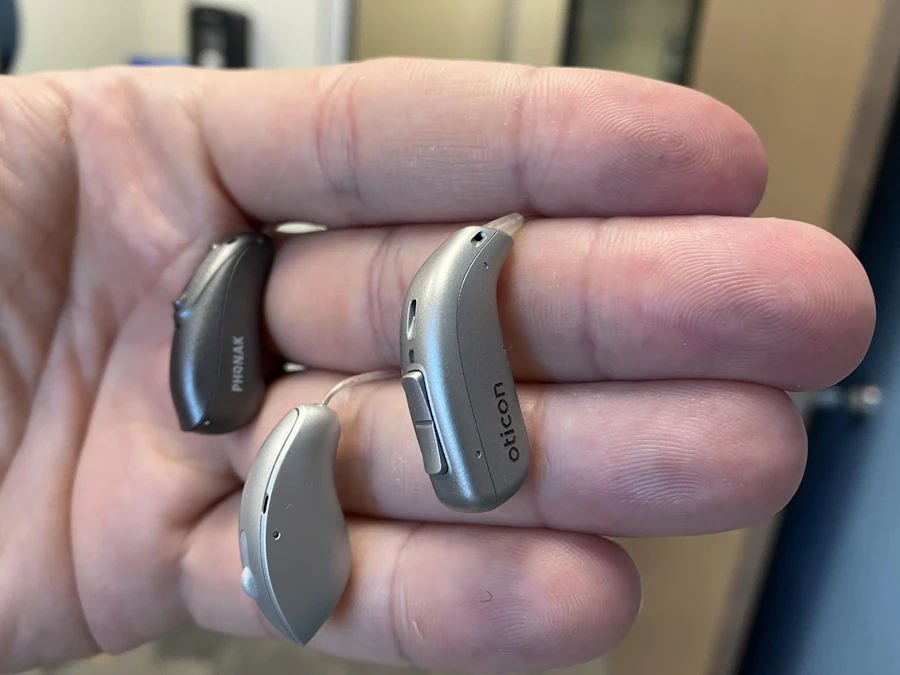Working as an audiologist for the U.S. Department of Veterans Affairs (VA) is often considered one of the most stable and rewarding roles in our field. You’re equipped with the tools, time, and freedom to focus purely on clinical care—without the stress of sales, billing, or rushed appointments. For many, it’s a dream job.
But like any long-term position, the reality can grow more nuanced over time. The clinical routine can become repetitive, salaries have stagnated somewhat, and even advanced procedures can eventually feel like just another checkbox. Here’s an honest look at the pros and cons of working as a VA audiologist.
Pure Audiology — With Time to Do It Right
At the VA, your schedule is consistent and patient-focused:
- 60 minutes for hearing evaluations
- 60 minutes for hearing aid fittings
- 30 minutes for follow-ups
Rather than juggling appointment types, each day is blocked by service. You might spend one morning exclusively conducting hearing tests, and the afternoon exclusively doing fittings. This structure ensures you’re never overwhelmed and can perform each service thoroughly and according to best practices.
✅ No billing, no upselling, no quotas—just evidence-based audiology.
You’re allowed to take the time to:
- Perform real-ear measurements (REMs) on every fitting
- Provide thorough counseling
- Run complete diagnostic batteries
This environment makes it easy to maintain high clinical standards without cutting corners.
Fit the Best—Without Being Told What to Sell

One of the most underrated perks of VA audiology is the access to the latest and greatest hearing aid technology.
- You can choose from top-tier manufacturers like Oticon, Phonak, Starkey, ReSound, and Signia.
- You are not restricted by sales contracts or bundling pressures.
- You fit premium-level technology—often before the private sector receives it.
- Ability to fit an accessory to any patient
🔊 Check out our article: The Best Hearing Aids Covered by the VA in 2025
As a result, you can confidently recommend solutions based entirely on what works best for each Veteran.
Some Variety—But Even That Repeats
While most of your day is spent doing hearing tests and fittings, many VA clinics also offer:
- Telehealth audiology (remote programming, follow-ups, triage)
- Auditory Brainstem Response (ABR) testing
- Vestibular diagnostics
- Cochlear implant evaluations and mappings
These services provide additional clinical variety and are great for maintaining advanced skills. Still, once you’ve done your 100th ABR or CI mapping, even those tasks start to feel routine.
What About Salary?
VA audiologists have traditionally enjoyed higher-than-average pay, but that advantage has diminished over time. Raises haven’t kept pace with inflation, and in many regions, hospital systems and private practices are catching up—or even pulling ahead.
That said, the VA still offers some of the strongest federal employee benefits around:
- Generous retirement through FERS
- Top-tier health insurance with low out-of-pocket costs
- 13–26 days of annual leave (plus sick leave and federal holidays)
- Pension + TSP (Thrift Savings Plan)
When the Routine Becomes the Job
Here’s the honest truth: the longer you work at the VA, the more the job can feel repetitive.
- You’ll find yourself repeating the same counseling phrases.
- You’ll fit the same hearing aids to the same types of hearing loss.
- You’ll give the same battery and dome instructions, hundreds of times.
Even the most passionate audiologists can start to feel like they’re on autopilot. It’s not burnout—it’s a slow creep of sameness that challenges your sense of professional growth. Unless you pursue added responsibilities like research, leadership, student supervision, or program development, the work can become mechanical.
Final Thoughts: Purpose Over Novelty
Despite the repetition, VA audiology remains one of the most meaningful ways to use your clinical skills. You’re helping those who’ve served our country. You’re doing audiology the way it’s meant to be done—without compromise. You’re using the best tools and offering the best solutions, all while maintaining a healthy work-life balance.
But to thrive long-term, you’ll need to find ways to stay engaged—through mentorship, innovation, or personal projects—because eventually, the job is not about novelty. It’s about consistency, compassion, and commitment to care.

